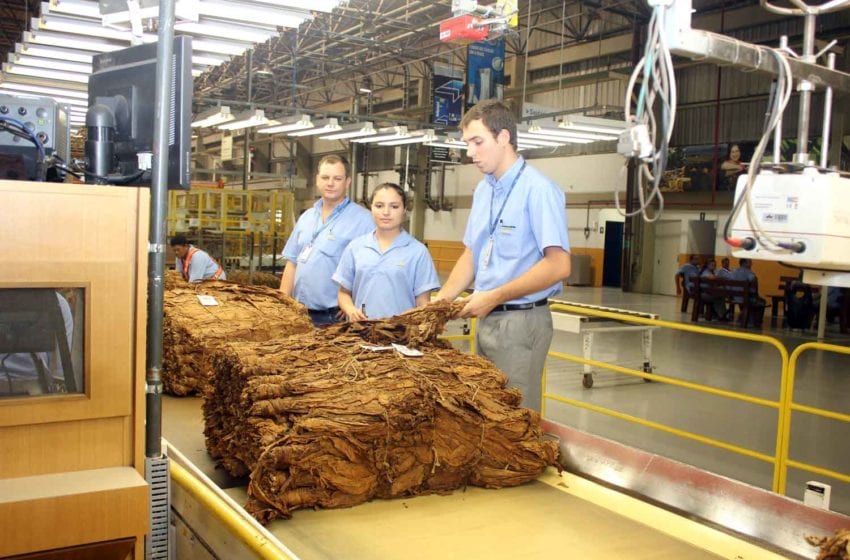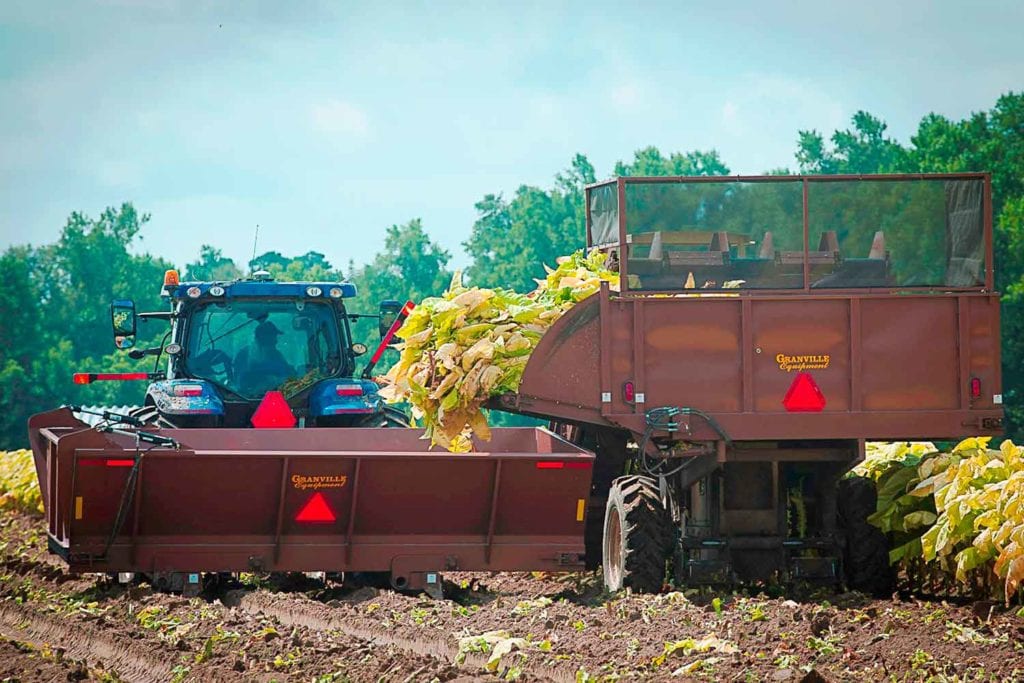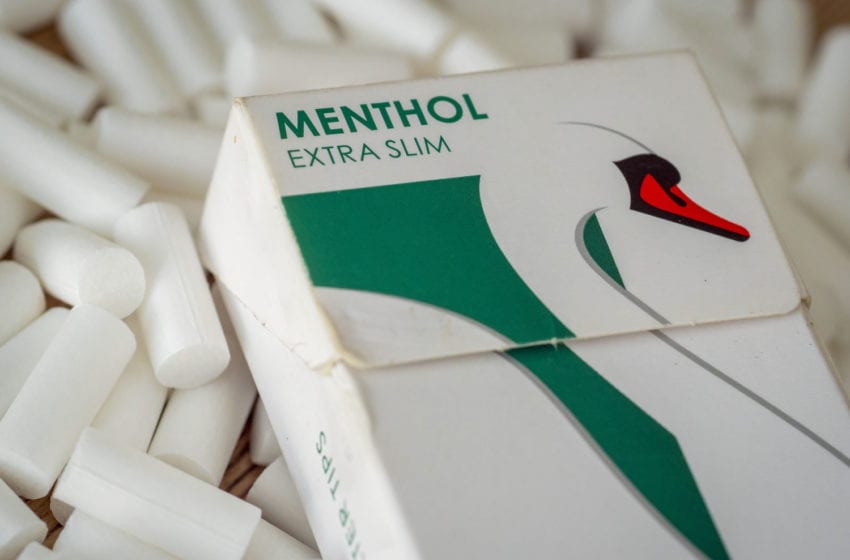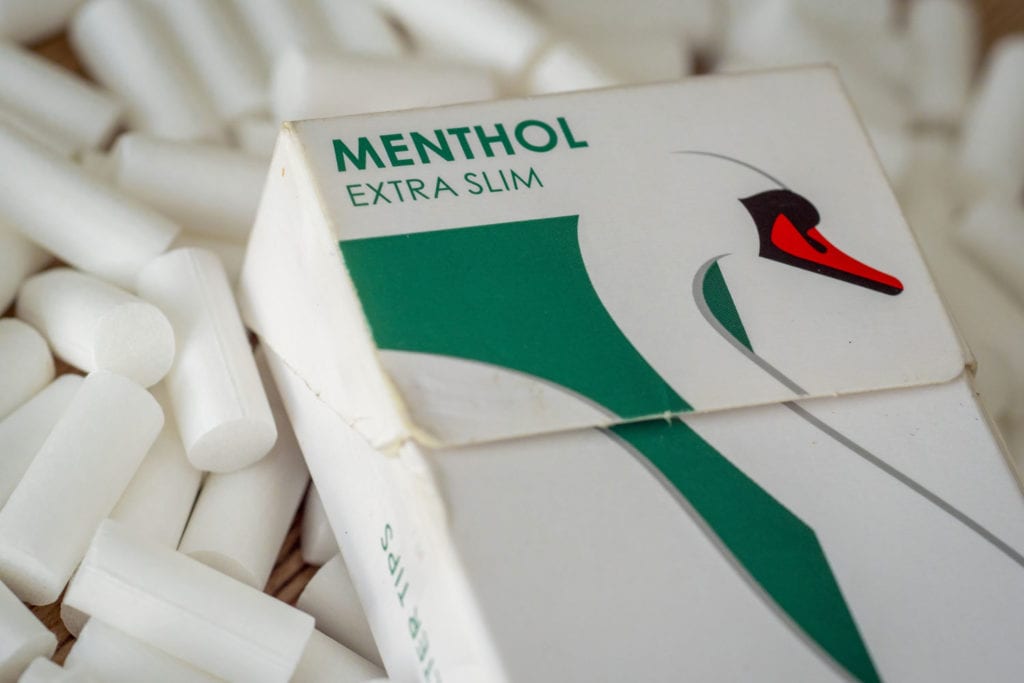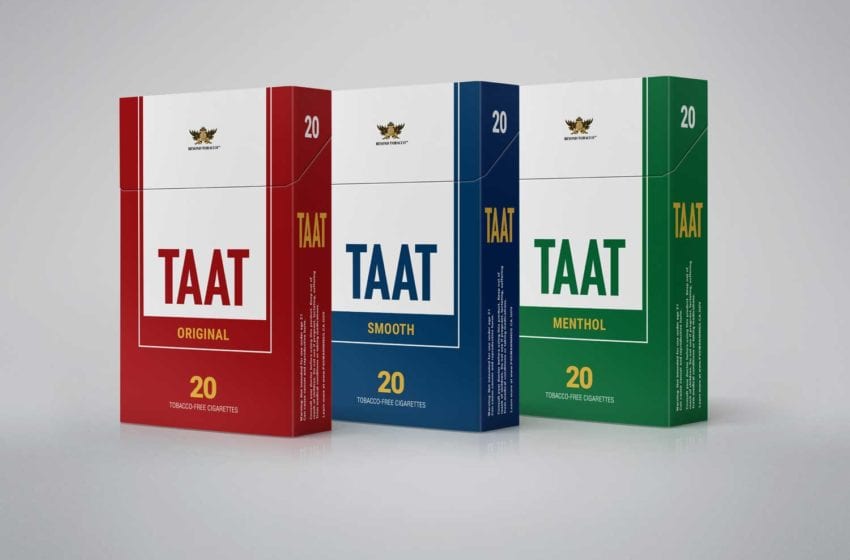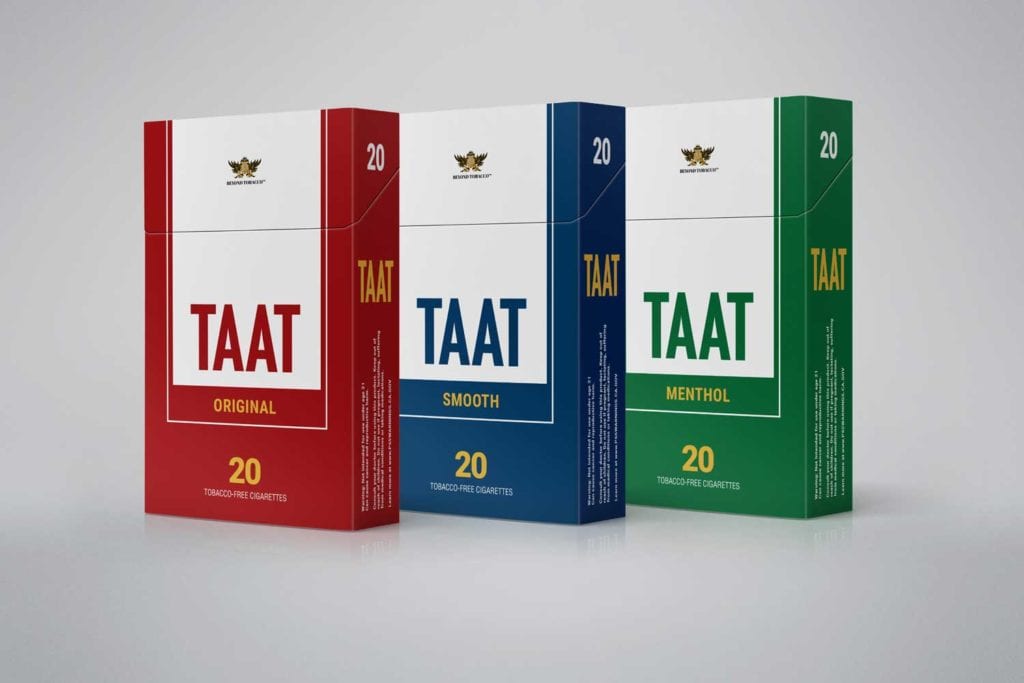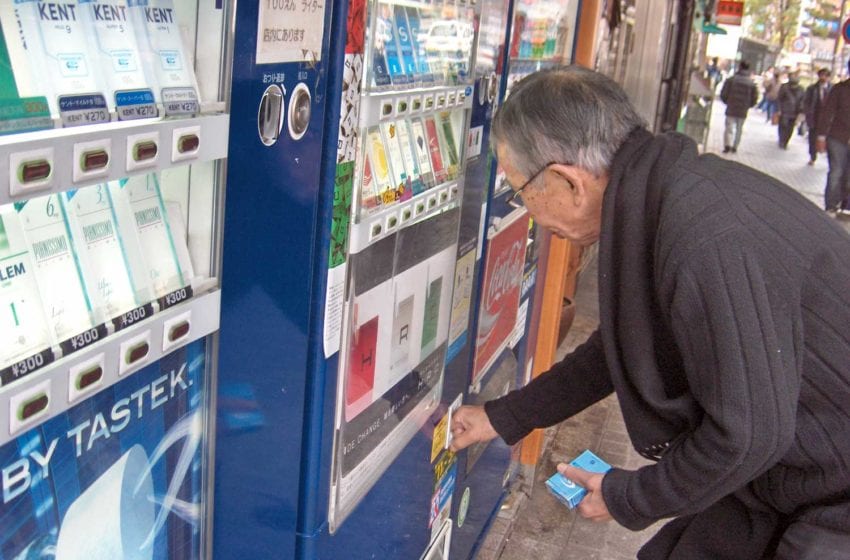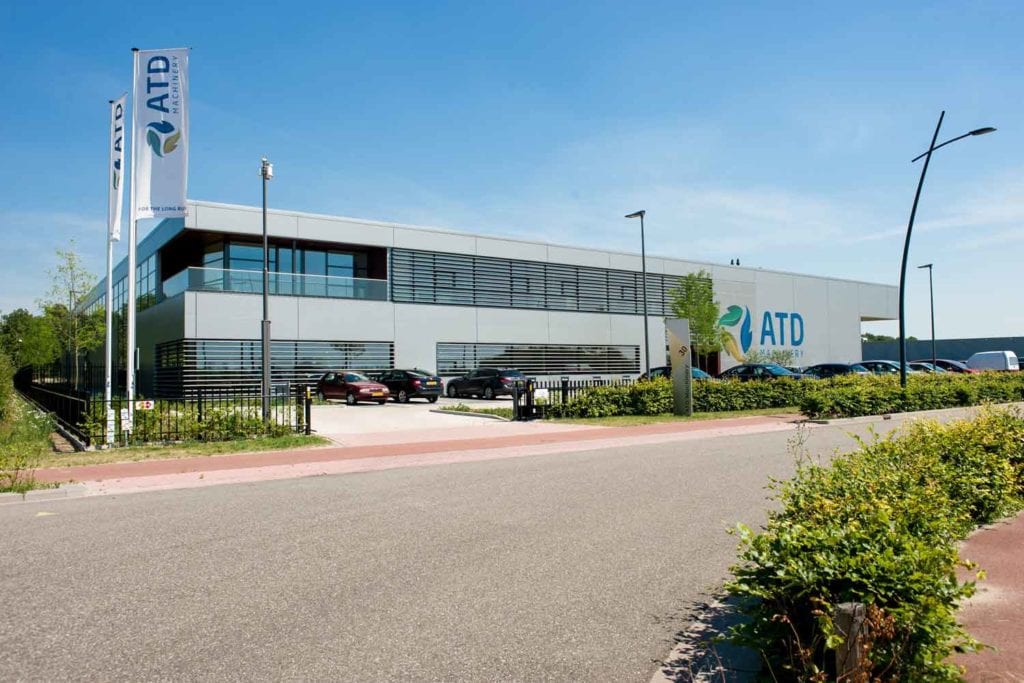
ATD’s unique pedigree allows gives it a leg up in tackling the mechanical challenges of cigar manufacturing.
By Stefanie Rossel
The development of cigar making equipment comes with its unique challenges, tempting machinery manufacturers to focus on specific parts of the cigar manufacturing process, such as over-rolling. Dutch original equipment manufacturer ATD Machinery stands out in the marketplace as it is a one-stop shop, providing an extensive portfolio of secondary machinery from bobbinizing machinery to pack-finishing. Among other things, it offers a complete line for manufacturing shoulder boxes and a flavor injector.
The company, which originated as the technical department of Royal Agio Cigars, one of Europe’s largest privately owned cigar companies, became independent in 2013. ATD started out developing machines for Agio’s overseas business in the 1970s. Today it has 50 employees. In addition to cigar-manufacturing equipment, the company offers production and packaging machinery for other sectors. Tobacco Reporter spoke with ATD Machinery’s new CEO, Koen te Lintelo, about what’s new.

Tobacco Reporter: How has your business developed since it was spun off from Royal Agio Cigars?
Koen te Lintelo: Indeed, ATD moved to a brand new, state-of-the-art building, and its independence was formalized. But I think our unique history of developing technological know-how and machinery with direct feedback from the factory made us into what we are and has allowed us to become the market leader. But in reality, ATD was already independent in how it operated. Helping our customers solve cigar manufacturing challenges, producing more efficiently, with class leading reliability and quality, have always been ATD’s mission.
In how far has your customer base changed and become more independent of your parent company, Agio Cigars? Are you still growing mostly organically?
Our growth is entirely organic and comes from both existing customers and new ones. The fact that Agio is no longer part of the Wintermans family does not really change that. I believe the fact that we have a complete portfolio of machinery from boxing and packaging machines all the way to newly developed bobinizers, bunch makers, finishing machines and the world’s fastest cigar over-roller, makes us an attractive partner. We try to look at our clients’ challenges from all angles, whether it is from a desire to improve efficiency or the quality of output, data collection or technical solutions to new regulation. And that’s only possible with excellent engineering capabilities and actual manufacturing experience. As I said before, it is in our history, in our DNA. And honestly, we are proud of our heritage.
Back when you became autonomous, the percentage of your business generated by cigar machinery stood at 85 percent to 90 percent. What is its share between your business from the cigar industry and that from other sectors today?
ATD’s prime focus is on the cigar industry. We have made a strong commitment to keep on innovating and investing in the cigar business. And, as a result, the balance for cigar machinery is still 85 [percent] to 90 percent. Nevertheless, as the total business grew, the volume in turnover increased for both pillars. But we are no longer a machine manufacturer only. Today we also provide technical know-how on-site as a service. It is all about how we can help in the best possible way.
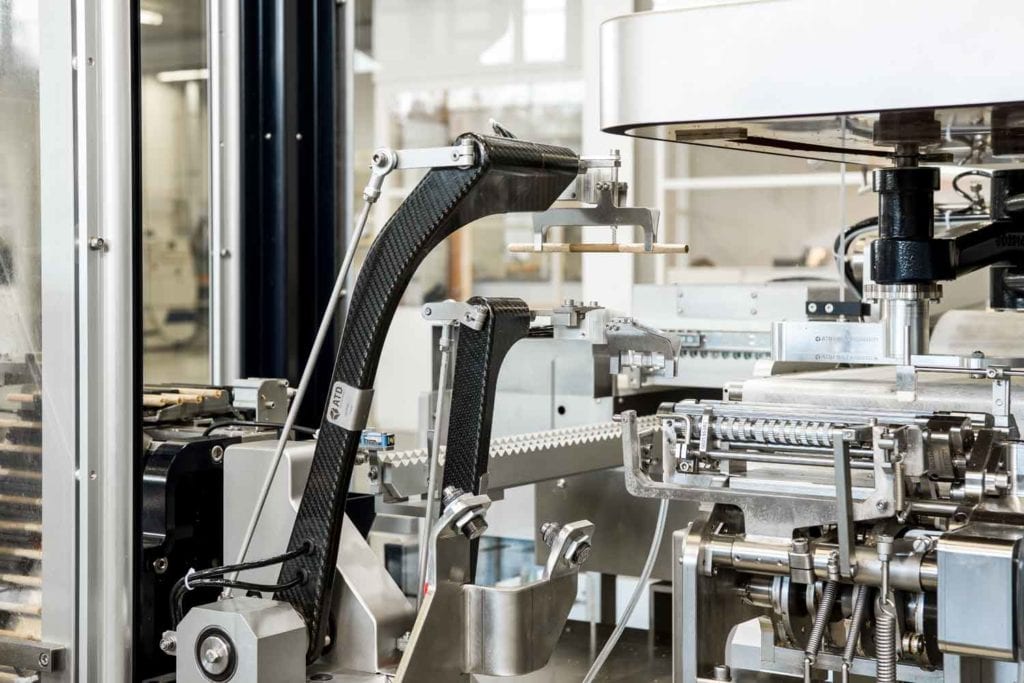
How has the global cigar market developed since ATD’s independence?
Cost of ownership, return of investment and environmental footprint are stronger key decision criteria. A driver for ATD to innovate on cost efficiencies and environmental impact.
New products and packaging concepts have been launched. Improvement and speed-up kits have been developed to upgrade existing production capacity, and we extended our capability to refurbish several types of bunch makers.
Is cigar making equipment still a viable business, given the increasing restrictions on tobacco products worldwide?
Most definitely. If anything, new regulation makes it even more important for cigar manufacturers to be agile and produce efficiently and qualitatively at the same time. We have to be one step ahead to tackle any issues that might arise as a consequence of new regulation.
What are the most promising markets for your company at the moment?
ATD is a global player, and every market has its own challenges and opportunities. In Europe, the focus is on cost, quality control and changes in production due to regulation. In the Americas, the single-leaf cigar is very promising, and in Asia the total quantities of machine-made cigars increases. With ATD’s setup, we are able to support all these markets.
You took over as CEO last September. What are your plans for ATD Machinery?
I believe helping our customers solve cigar manufacturing challenges, producing more efficiently, with class-leading reliability and quality, are at the core of ATD. Both the team and ATD’s portfolio are great, and we will keep on raising the bar in the years to come.
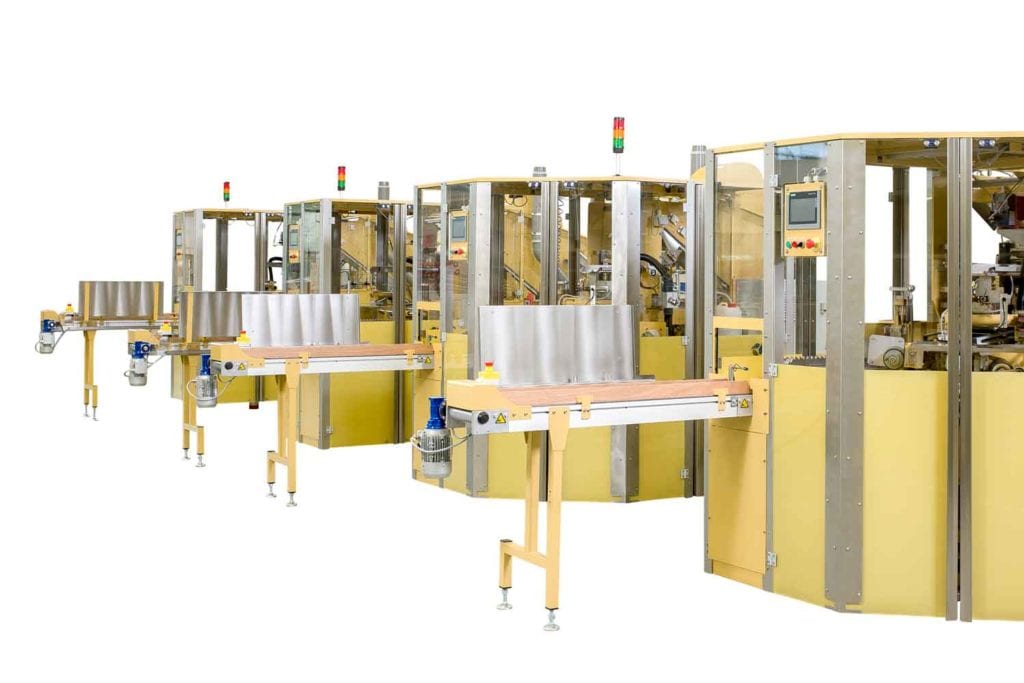
What have been the most remarkable developments at your company in recent months?
Last month, we launched our new website, including a new client portal. For clients, this portal makes it really easy to have 24/7 access to all necessary manuals and to select wear [parts] and spare parts.
As part of our focus on quality and production control, we developed several improvement kits for the installed base, like filter boxes and vacuum controllers, to reduce the heat and dust development and to reduce electricity consumption. Especially for the cigarillo market, several drivers of the existing wrapping machines can be replaced by new drive technologies to create higher production speeds.
Last half year alone, we introduced three new machines: the SW60 to produce single-leaf cigars at a speed of 60 per minute, the ABM60, a highly flexible tax-stamp applying machine with minimum footprint, and the pouch folding unit.
What are the most significant trends in the cigar market today?
What is really interesting about the cigar making industry is that every client is different and has a different approach toward the craft of creating a cigar. For the top-10 clients, production quality in higher quantities becomes more important compared to flexibility. Depending on the cigar format, we are able to speed up the process, like cigar over-rolling, and increase the process data control by replacing several drives by the latest servo techniques.
The Covid-19 pandemic has reportedly led to increased cigar smoking around the globe. Have you noticed an impact on your business?
ATD noticed an increase for especially single-leaf cigars and cigarillos. This resulted in an increasing demand for machinery. Logically, track-and-trace is prioritized for the coming years.



